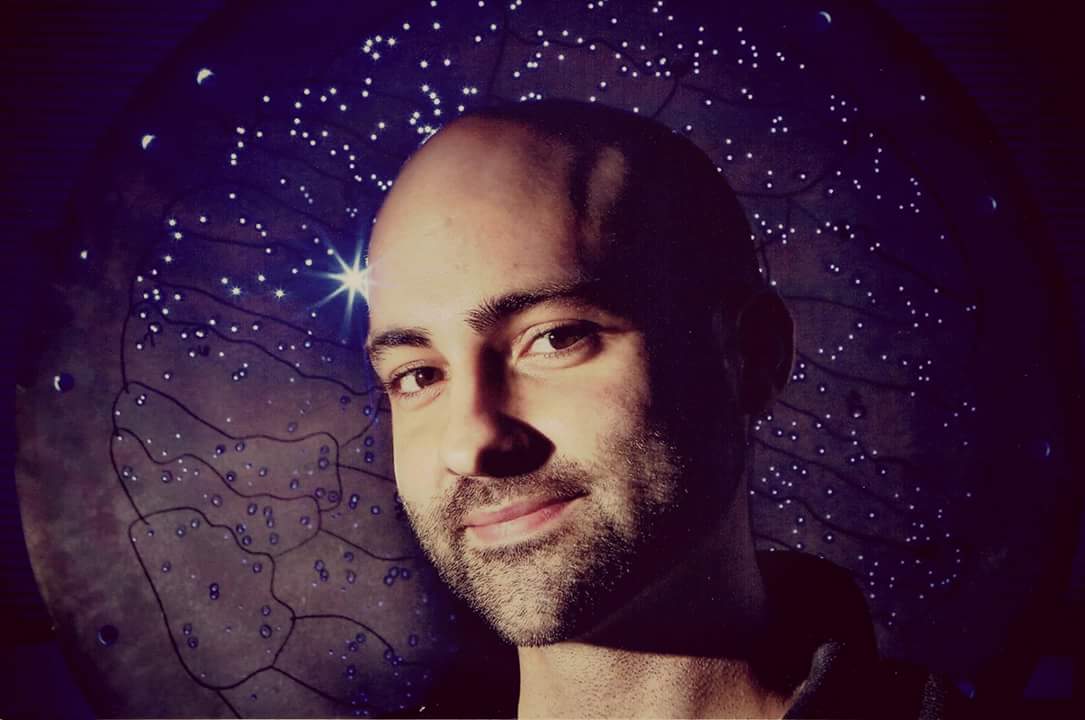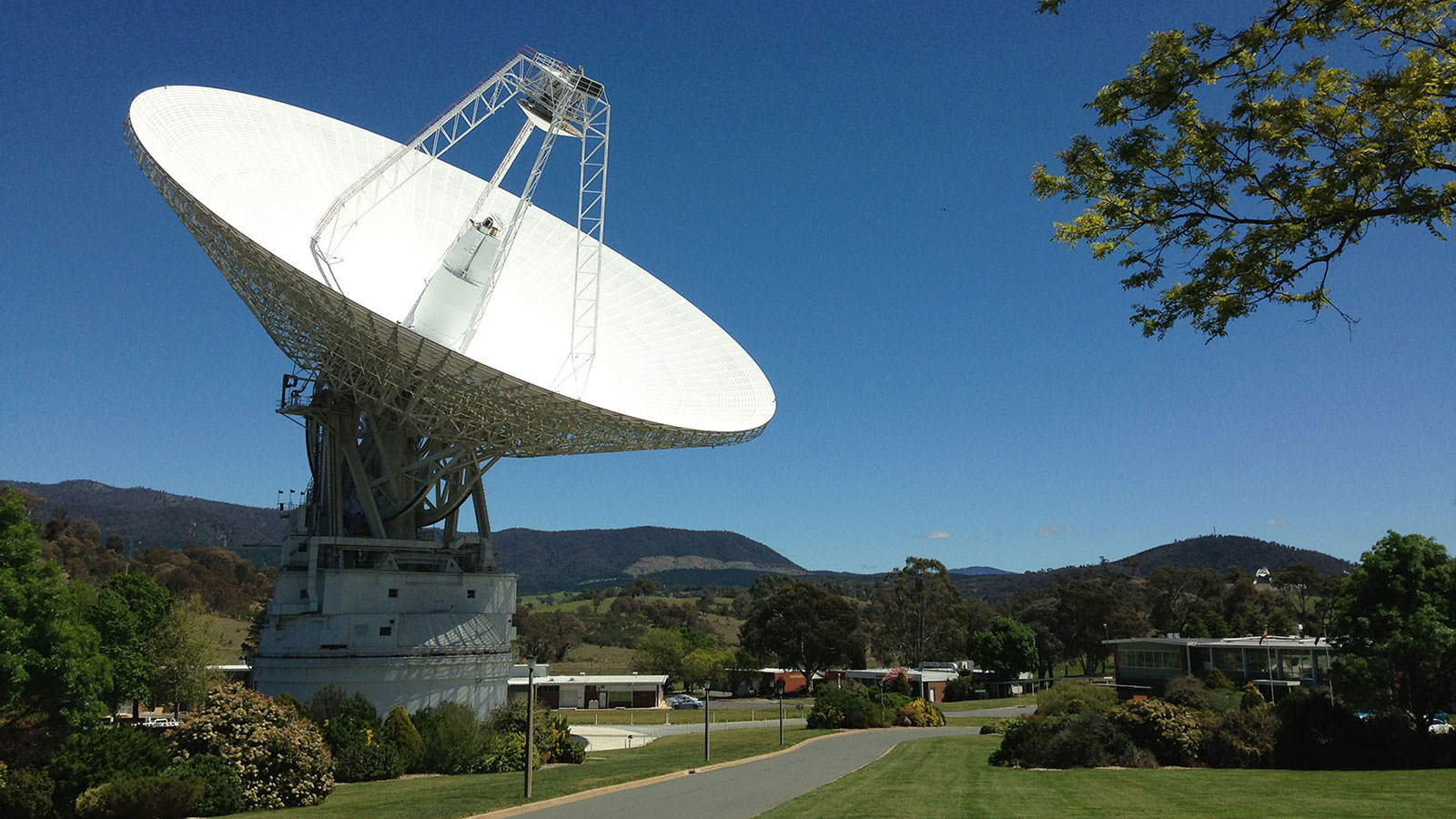What is the difference between science and pseudoscience?
From ancient aliens to UFO conspiracies, here's how to spot pseudoscience.

Ancient aliens. Astrology. Flat-Earth and UFO conspiracies. These are examples of pseudoscience, a system of beliefs that masquerades as true science but is far from it. To understand how pseudoscience works and why it's so popular, you need a guide to spotting it.
"Pseudoscience" has many possible definitions, and some people argue that the term shouldn't be applied at all. Perhaps the most useful definition of pseudoscience comes directly from the root words: The prefix "pseudo" is taken from the Greek word for "false," so pseudoscience is quite literally "false science."
But there is something about certain practices, like ghost hunting and astrology, that make them look like science even though they lack the underlying structures. Pseudoscience is a practice that, from the outside, looks like science, but upon closer inspection, is revealed to be nothing but. And what makes a practice look like science? To the outside world, science seems to be defined by its complex mathematics, incomprehensible jargon and dizzying array of gizmos and measurement devices.
Related: 25 space conspiracies debunked
Pseudoscience uses that same set of surface-like features; pseudoscientific practices employ their own kind of dense jargon, often feature an incredible amount of math, and even use strange and arcane measurement devices.
The soul of science
But the math, jargon and gizmos are only the "skin" of science — the surface features that are most apparent to the outside world. In other words, those are the tools that scientists use to do their jobs, the same way construction workers use hammers and saws, or lawyers use legal briefs and court motions.
Those tools don't define the job, however. Instead, underneath the surface, science has a much deeper set of practices and traditions that separate science from pseudoscience.
Breaking space news, the latest updates on rocket launches, skywatching events and more!
While a dissection of what makes science special could encompass an entire book, a few key features of the scientific mindset make it stand out. For one, science is rigorous, which means scientists take their ideas seriously and seek to explore the full logical consequences of any hypothesis. Science is also humble, because any theory, even one that has stood for centuries, can be proved wrong at any moment.
Next, science is skeptical, allowing for the evidence to dictate beliefs — not the other way around. Science is also open, where methods and techniques must be shared and publicized to the wider community. Science is connected, meaning that every statement a scientist makes must be linked to the broader knowledge of the entire community. Lastly, science allows itself to evolve, with new evidence and ideas supplanting earlier beliefs.
Pseudoscience in the world
This distinction between the surface features of science and the deeper core of science allows us to draw a line between pseudoscience and proper science. Pseudoscientific practices keep the surface features (the jargon, math or gizmos) while rejecting the rigor, openness, skepticism and connectedness.
For example, proponents of ancient aliens aren't skeptical and disregard any evidence that runs contrary to their existing beliefs. By contrast, SETI researchers often encourage skepticism, caution and careful analysis of data before reaching any conclusions. Astrologers keep their methods secret. Flat-Earthers don't connect their ideas to the broader understanding of how things work.
If you encounter a belief system that seems like science at first glance but runs contrary to the underlying spirit of science, then it's probably pseudoscience. For example, if the statements of the belief system claim access to secret, inaccessible knowledge, then it's not open.
If it's static and unchanging, with evidence used to bolster the original belief and nothing else, then it's not evolving. If it's conspiratorial, claiming that the "establishment" is trying to suppress it, then it's not connected to the broader community of knowledge.
Once you gain enough practice, spotting pseudoscience is a snap. It looks like science on the outside but doesn't have the features that distinguish science as a powerful, vital way to examine the inner workings of the universe.

Paul M. Sutter is a cosmologist at Johns Hopkins University, host of Ask a Spaceman, and author of How to Die in Space.

